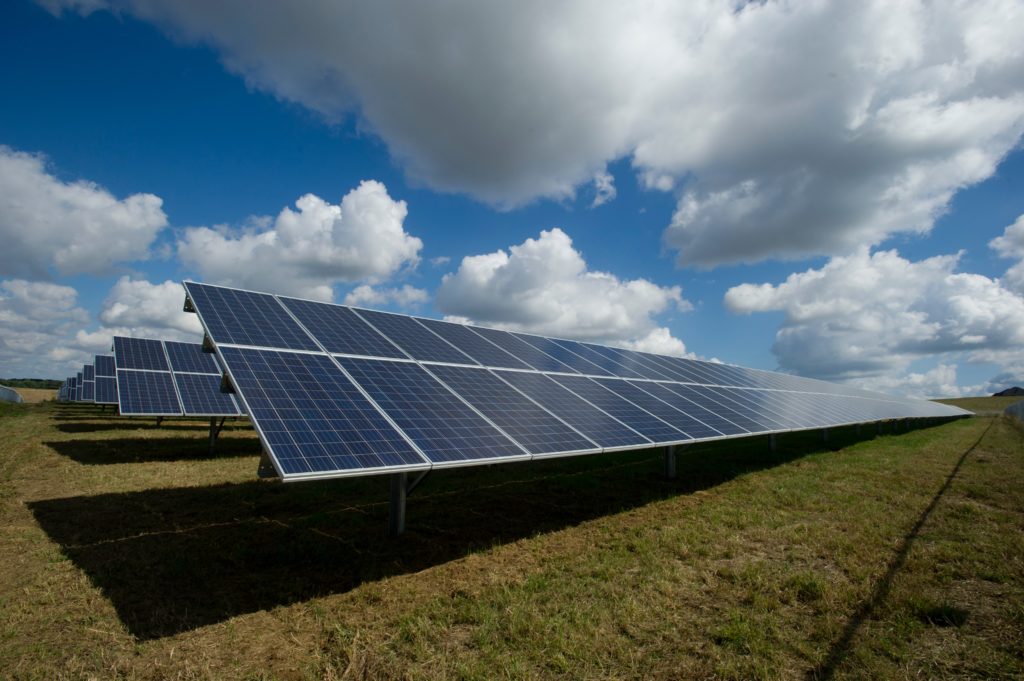American e-commerce giant, Amazon, is planning to generate its own electricity to supply its data centres in South Africa.
On Thursday [December 10] Amazon announced that South Africa, along with Australia, France, Germany, Italy, Sweden, the UK and US, will be one of the countries that will host the company’s 26 new utility-scale wind and solar projects.
The new projects, which are Amazon’s first in South Africa, France, Germany and Italy, are expected to produce 3.4 gigawatts (GW) of electricity. This takes the return on Amazon’s total renewable energy investments to date, to 6.5GW – or enough to power 1.7-million American homes for one year.
The company is now the world’s largest corporate purchaser of renewable energy and has 127 renewable energy projects across the world. Amazon is on course to powering 100% of its operation with renewable energy by 2025, five years ahead of its initial 2030 target.
“These projects will supply renewable energy for Amazon’s corporate offices, fulfilment centres and Amazon Web Data centres that support millions of customers globally,” said the company in a statement.
Data centres like the one situated in Cape Town, which is run by Amazon Web Services, the tech giant’s cloud computing subsidiary, use enormous amounts of energy. This is because they house banks of computing equipment that run nonstop, according to Quartz Africa. It is estimated that data centres currently use nearly 1% of the world’s electricity.
Although Amazon itself has not provided further details on its projects in the country, local reports claim that the company intends to generate the needed power via a solar project in the Northern Cape.
Business Day says that the National Energy Regulator of South Africa (Nersa) has approved a renewable energy project in the Northern Cape that was commissioned by Amazon.
The Eskom power grid will allegedly be used to transport solar power to data centres across the country as it is needed.
The project is due to start construction in 2021, according to Business Insider South Africa.
Picture: Unsplash

